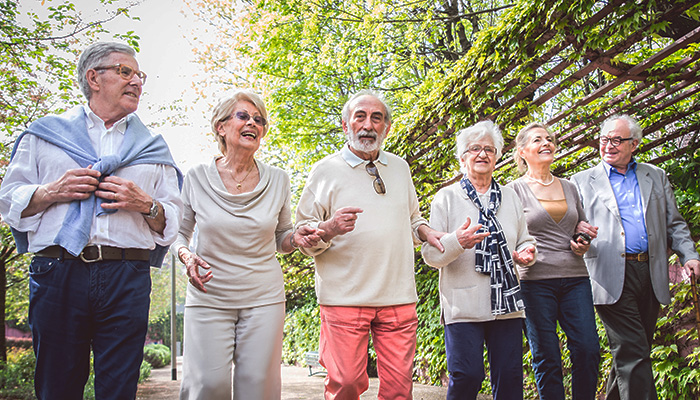
Many people confuse mindfulness with meditation and Eastern religions. Mindfulness is a skill gained by training your mind to observe life situations in a less emotionally charged way. It is a mental skill that gives you a less-cluttered perspective. It lowers daily stress and is particularly helpful when making important decisions under duress. Mindfulness is…










